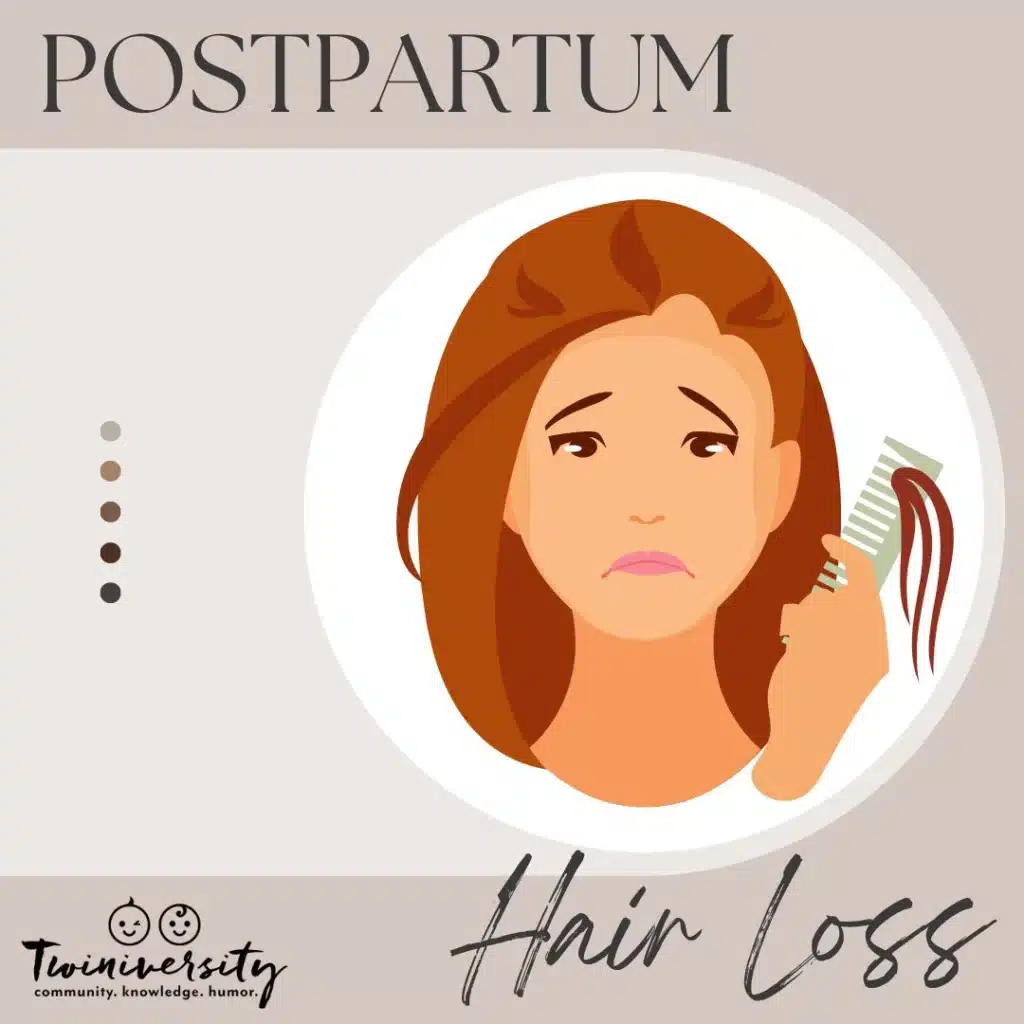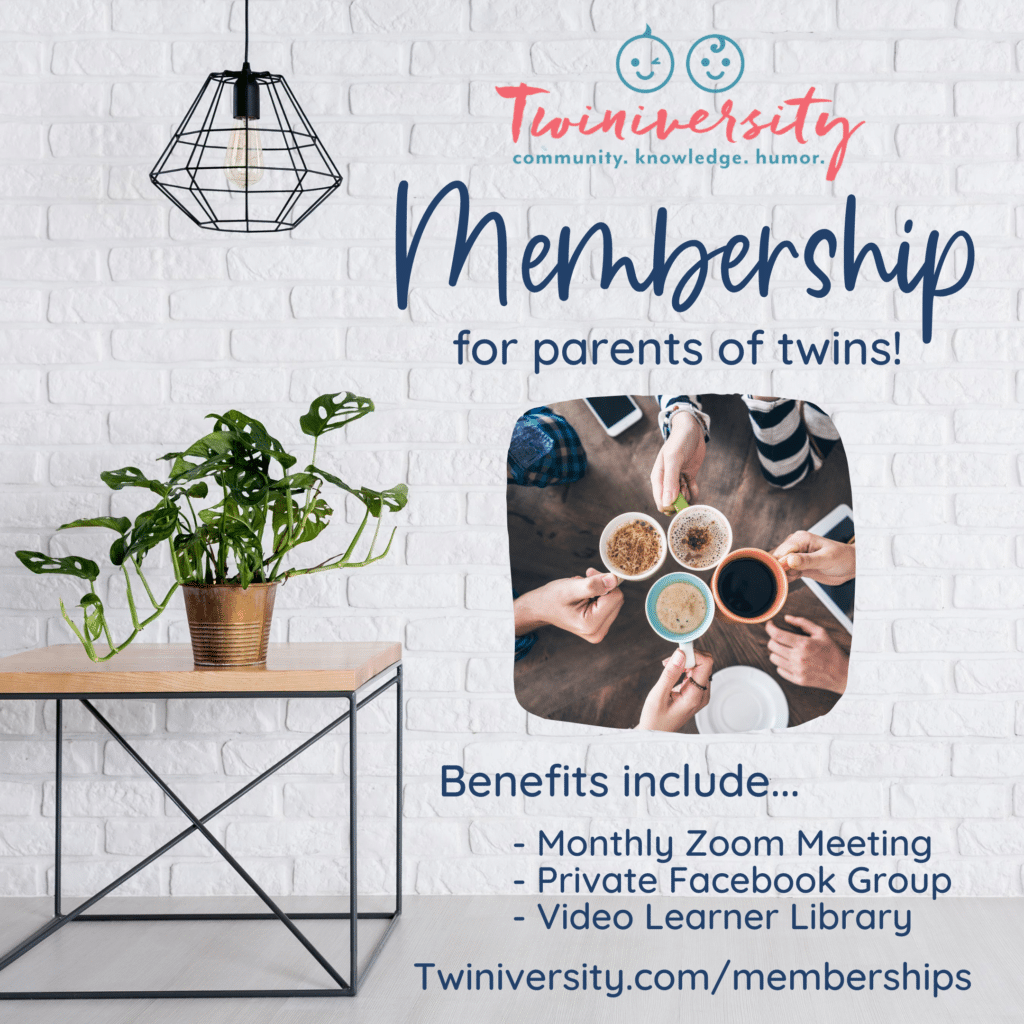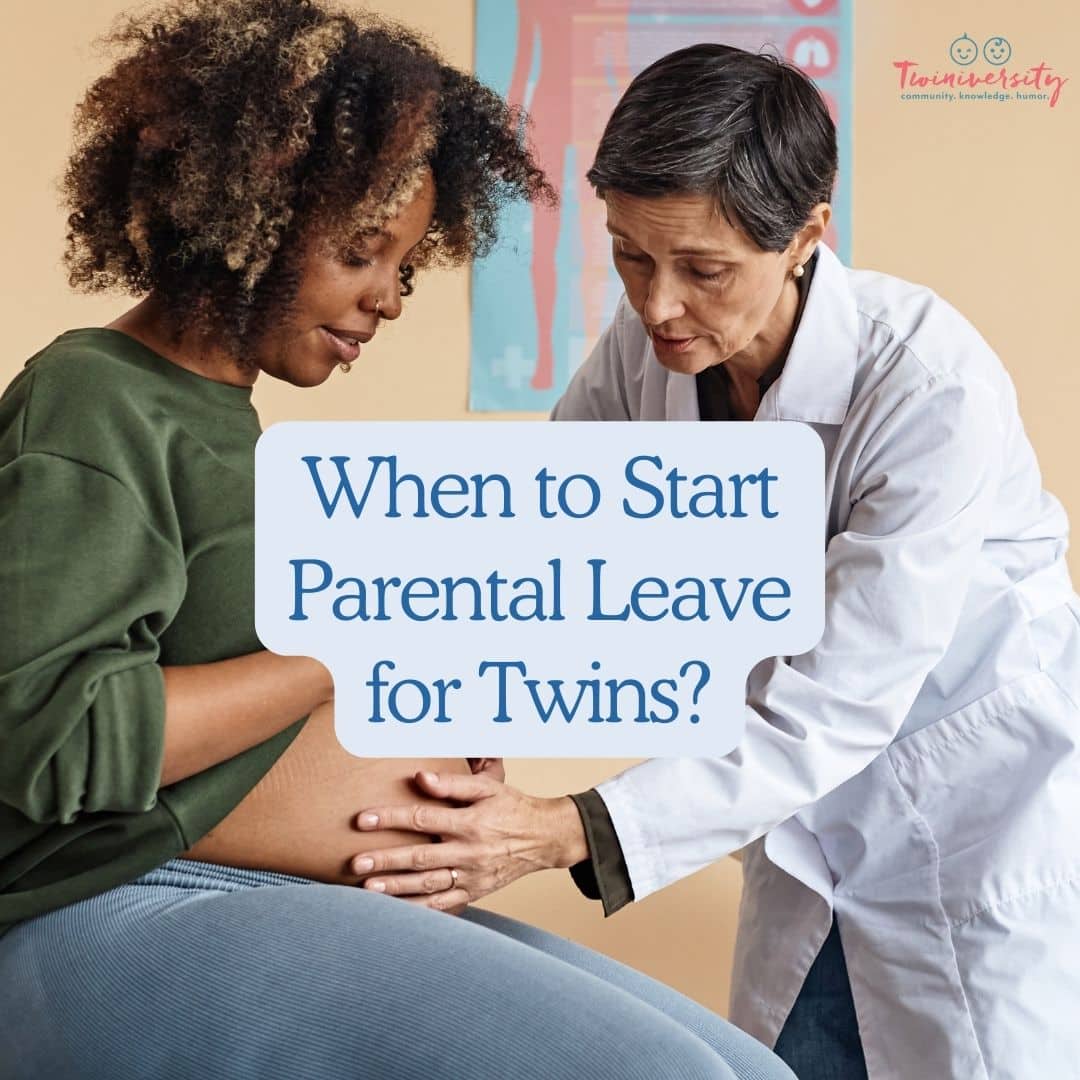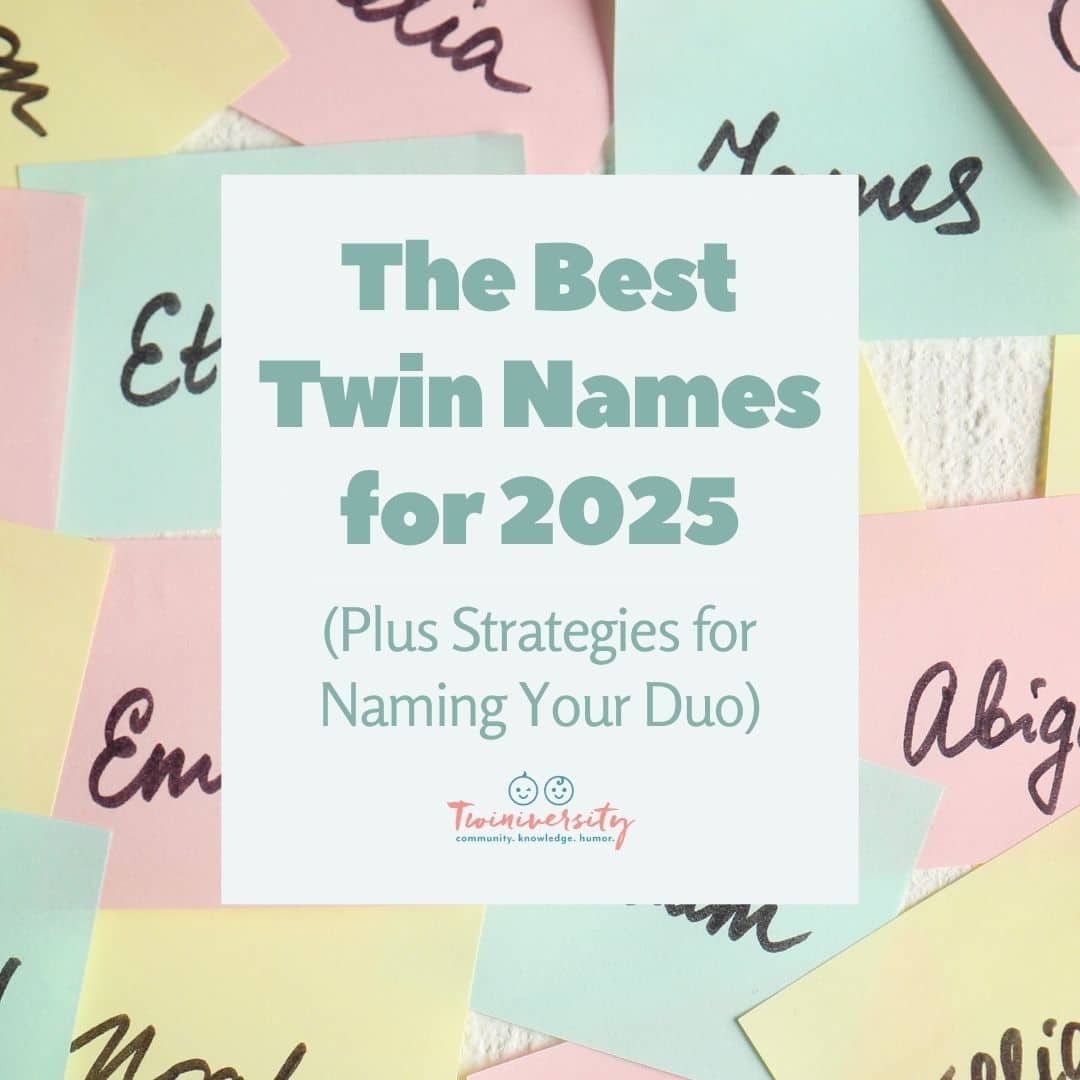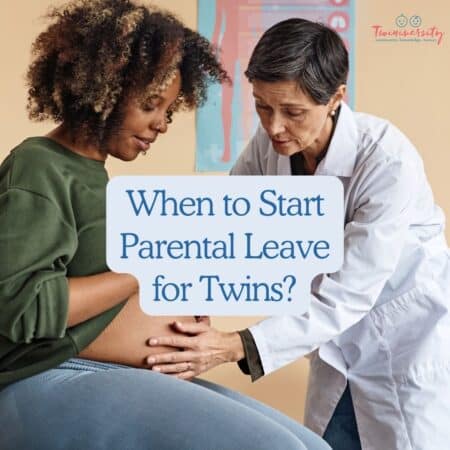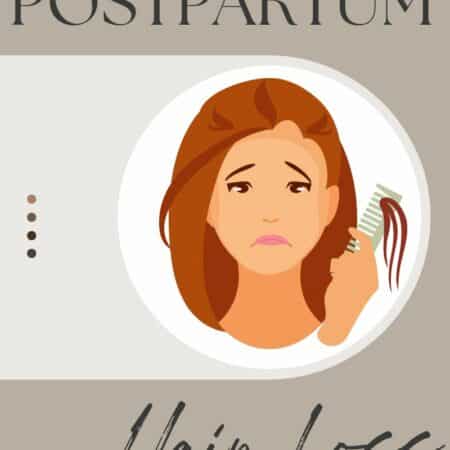
All content on this website, including medical opinions and any other health-related information, is for informational purposes only and should not be considered to be a specific diagnosis or treatment plan for any individual situation. Use of this site and the information contained herein does not create a doctor-patient relationship. Always seek the direct advice of your own doctor in connection with any questions or issues you may have regarding your own health or the health of others.
Did you have thick, long, and luscious hair during your pregnancy, but now, in postpartum, it’s falling out? What’s going on? Is this normal? Will it grow back? While two newborns might make you feel like pulling your hair out, you are most likely experiencing postpartum hair loss (or excessive shedding of hair after giving birth).

This is a common postpartum condition, but it’s one of the most concerning for new moms. No need to worry or stress. We took your most asked questions to board-certified dermatologist and mom of three, Dr. Fatima Fahs MD, FAAD, A.K.A. The Dermy Doctor (@dermy_doctor). Here is what she had to say about all things hair, skin, nails, and mommying!
Q: When does postpartum hair loss begin?
A: Postpartum hair loss is a type of hair loss we call “telogen effluvium.” This is when more than 5%-10% of the hairs on the scalp abruptly shift into the resting phase of the hair cycle, where they fall out. Telogen effluvium can be triggered by major stress on the body, such as childbirth. It takes about three months from the onset of the trigger (childbirth) for the shedding to begin. Most women begin to notice hair shedding about three months postpartum. This can continue until six to nine months postpartum, usually subsiding completely before your babies’ first birthday.
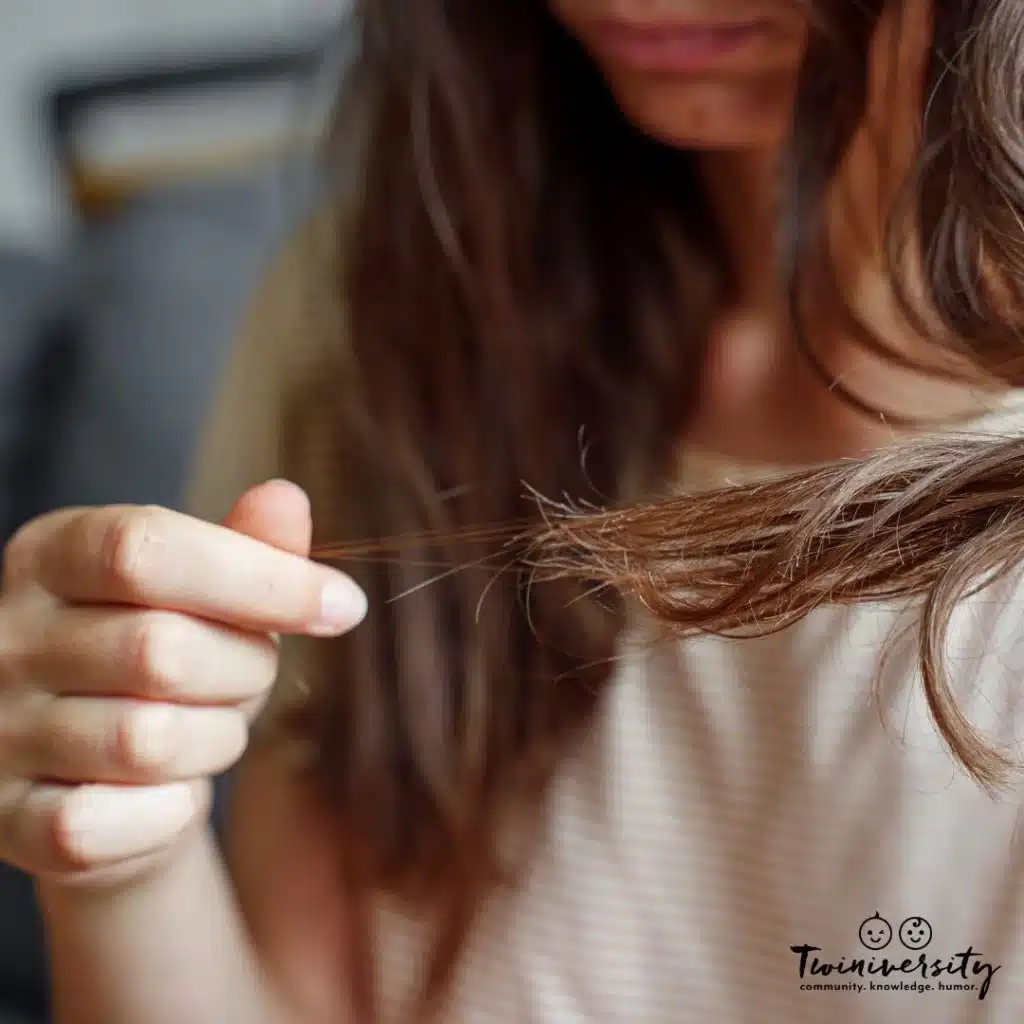
Q: Does everyone get postpartum hair loss?
A: Most women experience some degree of postpartum hair loss, but the severity can definitely differ. I always tell patients that the good news is this type of hair loss is temporary, and although it may feel like you’re going bald, you won’t. Even though the majority of postpartum hair loss is just a waiting game, it’s important to make sure that things are adequate from a nutritional standpoint, so don’t hesitate to see your doctor for a thorough evaluation.
Need some twin parent friends? Get the support you need with a Twiniversity Membership. Benefits include a monthly twin parent club meeting on Zoom, access to a private Facebook group just for twin parents, and a video library of twin parenting lessons. Visit Twiniversity.com/membership to join today!
Q: Do prenatal vitamins help with postpartum hair loss?
A: Keeping your nutrition right is super important for nourishing healthy hair and scalp. I tell my patients to make sure to take their prenatal vitamins during pregnancy and the postpartum period. There are tons of nutritional shifts, especially with weight gain followed by weight loss and if a mom is breastfeeding.
Q: Does your hair also fall out during pregnancy?
A: Most women experience hair growth during pregnancy instead of hair loss due to the change in hormones. These hormones promote the “anagen,” or the growth phase of the hair cycle. On a healthy scalp, about 90% of our hairs are in the growth cycle. 5%-10% are in the resting phase, which leads to shedding. This is why it’s normal to lose anywhere from 50-150 hairs per day (the hairs that are in the resting phase at any given time). It’s possible to experience hair loss in pregnancy, although this is not as common.

Q: How to prevent hair loss during pregnancy?
A: Hair loss during pregnancy is not common. However, if you are experiencing it, it could be due to internal conditions like iron deficiency anemia or thyroid disease. To reduce the risks of experiencing hair loss in pregnancy, it’s important to have routine blood work screening tests done in your first trimester to check for these conditions and more. Sometimes, patients require iron supplementation or additional medications to regulate thyroid function.
Hair loss can also be related to increased stress during pregnancy. Or poor nutritional intake, especially if you’re experiencing hyperemesis gravidarum (also known as HG). For more information on HG, please visit the American Pregnancy Association.
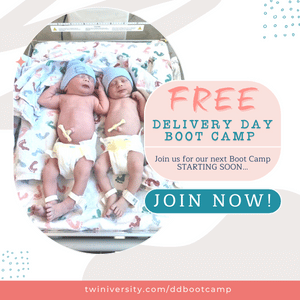
Q: Will I lose more hair if I’m pregnant with twins?
A: We don’t have evidence to say this occurs more or less frequently with twins.
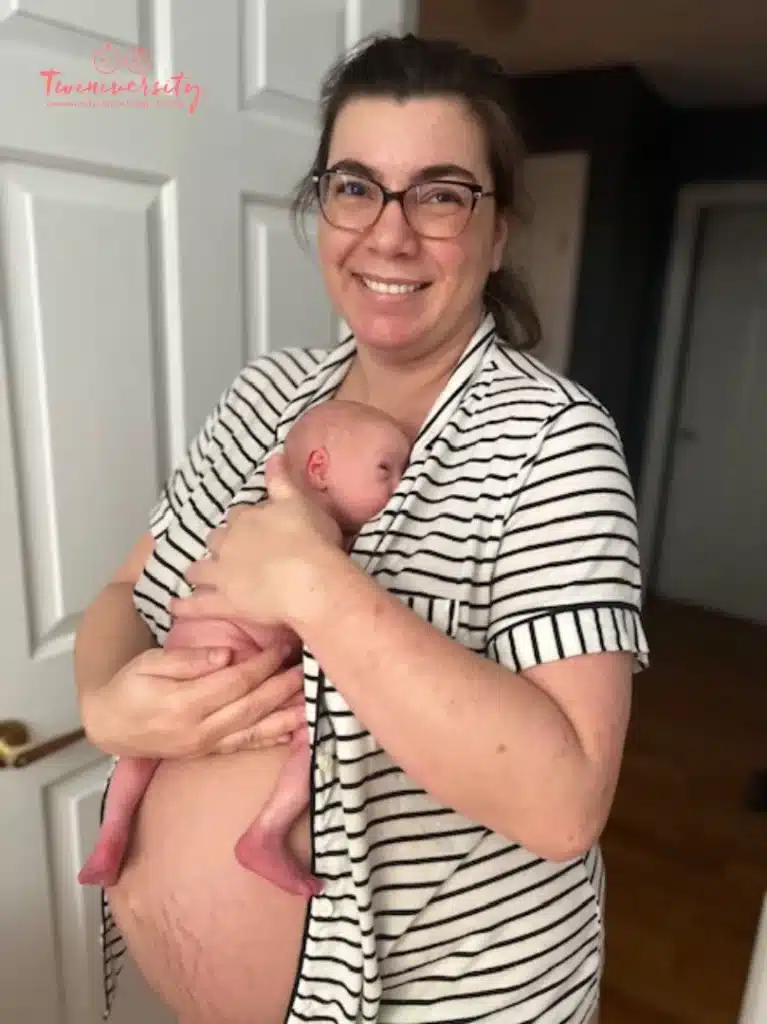
It’s reassuring to know that postpartum hair loss is only a temporary condition that is not increased by a multiple pregnancy. It’s annoying and frustrating for a bit, but it’s all worth it for those twinnies! If you’re concerned with the amount of hair loss or the duration in which it persists, always speak with your provider.
Thankfully, postpartum hair loss after twins or triplets is not any worse than if it was just a singleton pregnancy.
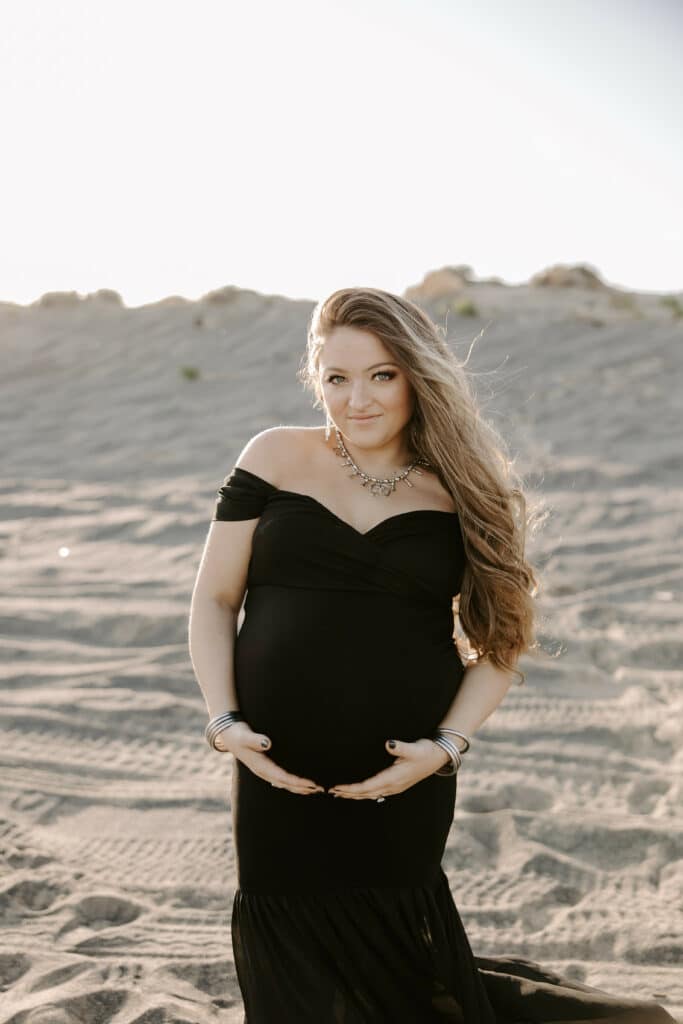
Kylee Burleigh lives in Washington State and effortlessly juggles multiple roles while embracing the chaos of a vibrant family life. With a Bachelor’s degree in communications, she’s a wizard at weaving compelling stories. When she’s not busy wrangling words, Kylee is a dedicated wife with fraternal twin girls, adding a delightful twist to her already bustling life. She tackles a full-time communications job, provides stellar marketing services to clients and is a contributing writer to Twiniversity. In her rare moments of respite, Kylee embraces holistic living and immerses herself in thrilling outdoor escapades like hiking, hunting and tearing through the wilderness in her trusty side-by-side.

